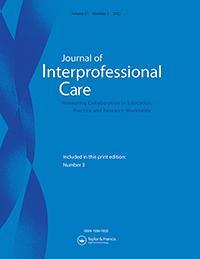Headline
A collaborative interprofessional dementia care program significantly improved the timeliness of diagnosis compared to traditional clinics and achieved high satisfaction among staff, patients, and caregivers.
Context
As the aging population increases, mild cognitive impairment/Alzheimer disease and the associated burden on caregivers is also on the rise. Single physician practices in the U.S. lack evidence-based approaches for detecting these impairments in older adults, nor do they offer the wraparound ongoing support systems that are important for this population, such as needs assessment and behavioral health treatment plans. This article examines the effectiveness of the Comprehensive Memory Center, a collaborative interprofessional outpatient care program that has shown promising outcomes for dementia care.
Findings
Key features of the Comprehensive Memory Center include:
- Co-designed by staff, patients, and caregivers using qualitative studies, literature reviews, and interviews with dementia experts;
- Co-located clinicians, including neurologists, nurses, social workers, a psychiatrist, a speech language pathologist, and others; and
- Consensus decision making for all diagnostic and care decisions, including the care plan.
The authors examined demographic information, time intervals of appointments, staff evaluations, and patient/caregiver satisfaction questionnaires. Overall, the study found that the clinic achieved timely diagnosis (two months compared to 14 months in a traditional clinic setting). The team members, patients, and caregivers also reported high satisfaction.
Takeaways
These findings suggest the need for continued focus in the field on interprofessional models for dementia care. Since this model shows the effectiveness of providing multiple services from different disciplines on-site (e.g., diagnostic assessment, imaging, counseling, assessing caregiver needs), further exploration of bundled care payments to cover services provided in shared medical visits are needed.


